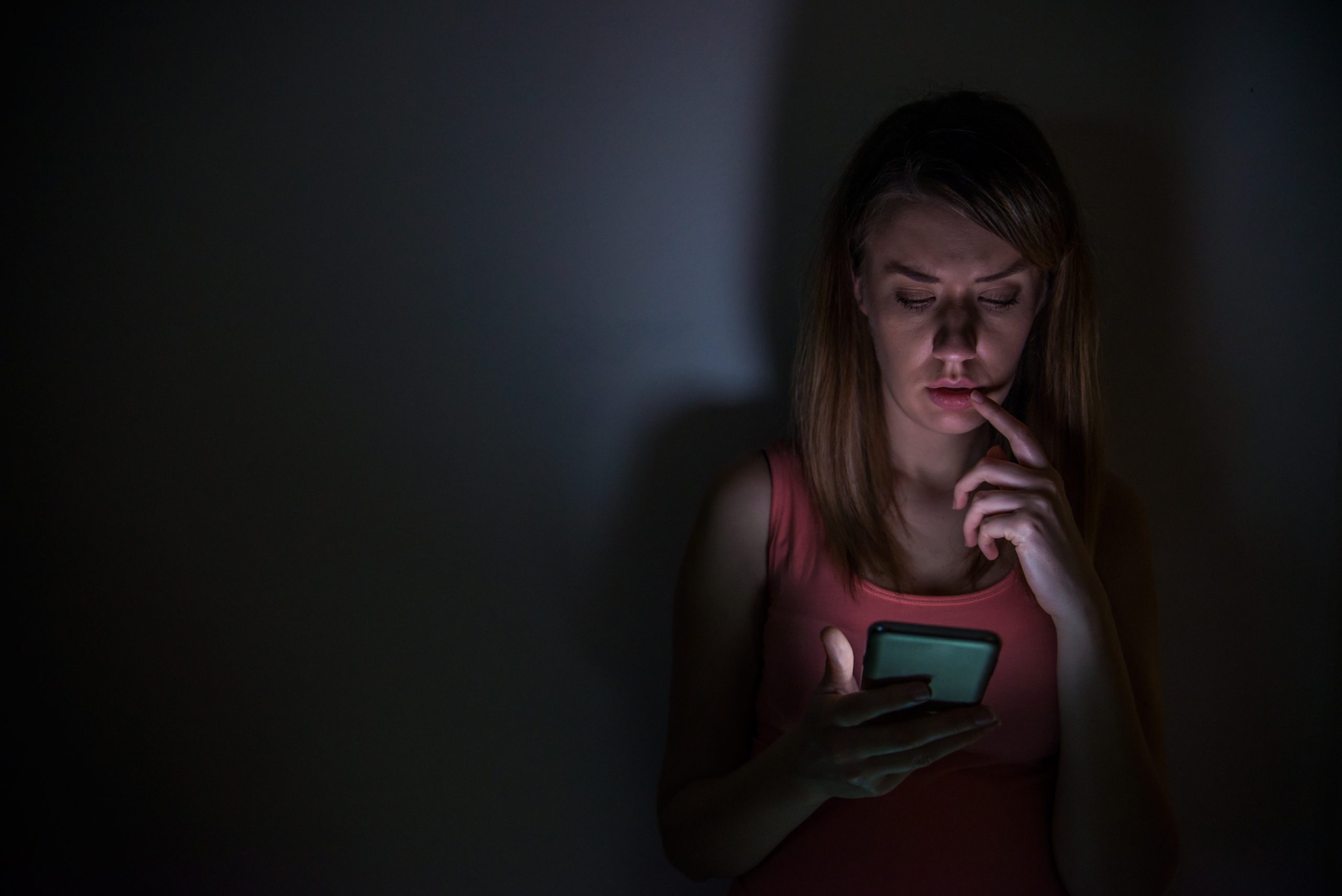
A new study shows that Google searches for anxiety info soared in the US during the early phase of the coronavirus pandemic.
According to researchers from the Qualcomm Institute at the University of California San Diego, Google searches for anxiety surged in March, when the coronavirus pandemic was first declared a national emergency.
Based on the study published in JAMA Network Open, the top keywords are “anxiety” or “panic” in combination with “attack,” such as “panic attack,” “signs of anxiety attack,” “anxiety attack symptoms,” and so forth.
Researchers who collaborated with Johns Hopkins University, Barnard College and the Institute for Disease Modeling, anxiety-related searches were around 11% higher than usual over the 58 days after President Donald Trump announced a national emergency on March 13.
Key news events
Moreover, there were 3.4 million total searches for anxiety, about 375,000 more than usual.
“In practical terms, over the first 58 days of the COVID-19 pandemic there were an estimated 3.4 million total searches related to severe acute anxiety in the United States. In fact, searches for anxiety and panic attacks were the highest they’ve ever been in over 16 years of historical search data,” Benjamin Althouse, a principal scientist at the Institute for Disease Modeling, said in a statement.
Anxiety-related searches rose around key news events, increasing 17% above normal from March 16, when national social distancing guidelines were first announced, to April 14, a few days after the US surpassed Italy for the most deaths.
Other events that took place during that time were the extension of social distancing guidelines on March 20 in the US; the US passed China for the most reported cases on March 26; and the Centers for Disease Control and Prevention urged people to wear face masks on April 3.
According to the researchers, searches returned to normal levels in May, when the study concluded its analysis. They took it as a sign that Americans “have become more resilient to the societal fallout” of the coronavirus.
“A panic attack is not to be taken lightly as it can land someone in the emergency room with shortness of breath, a pounding heart, chest pain, and an intense feeling of fear,” said Eric Leas, an assistant professor in the UCSD Department of Family Medicine and Public Health and one of the study’s coauthors.
The study was supported by UCSD and Bill and Melinda Gates through the Global Good Fund.
Mental health
There are other studies examining the impact of the Covid-19 pandemic on mental health, including a study recently held by the CDC which discovered that 40% of US adults reported suffering from mental health or substance abuse in late June.
Moreover, the agency found that nearly a third of respondents had symptoms of anxiety or depression in the last 30 days.
The study surveyed 5,412 people online. Findings revealed that 25% of people between 18 and 24 years old reported committing suicide in the 30 days before accomplishing the survey.
The CDC noted that the worst mental health outcomes were among young people, racial and ethnic minorities, essential workers and unpaid adult caregivers.
According to mental health experts, increasing unemployment rates and strict quarantine orders made a “perfect storm” for an increased risk of suicide for many people.






